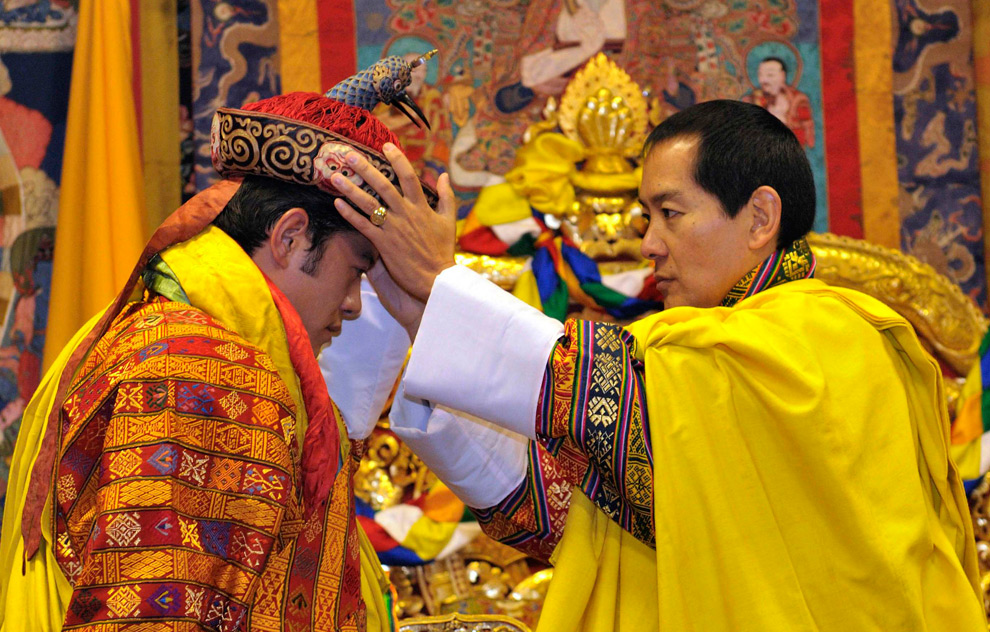 Nichula geog in Dagana dzongkhag is one of the remotest geogs in the kingdom. For most of the year, it remains cut off from rest of the Kingdom by the swelling Sunkosh River. There is no bridge and motorable road connecting the geog is a distant dream. People including officials use rafts or boats to commute to the village. Things are however set to change for the better with the construction of a suspension bridge about to begin.
Nichula geog in Dagana dzongkhag is one of the remotest geogs in the kingdom. For most of the year, it remains cut off from rest of the Kingdom by the swelling Sunkosh River. There is no bridge and motorable road connecting the geog is a distant dream. People including officials use rafts or boats to commute to the village. Things are however set to change for the better with the construction of a suspension bridge about to begin.
Crossing this huge body of water using the services of the rafts is not for the faint hearted. It is a risky business especially during the summer when the river swells ominously. So before the Monsoon begins, residents travel to Lhamoizingkha to buy stocks of rice, cooking oil, and other essential items. Continue reading Nichula geog in Dagana to get a suspension bridge



